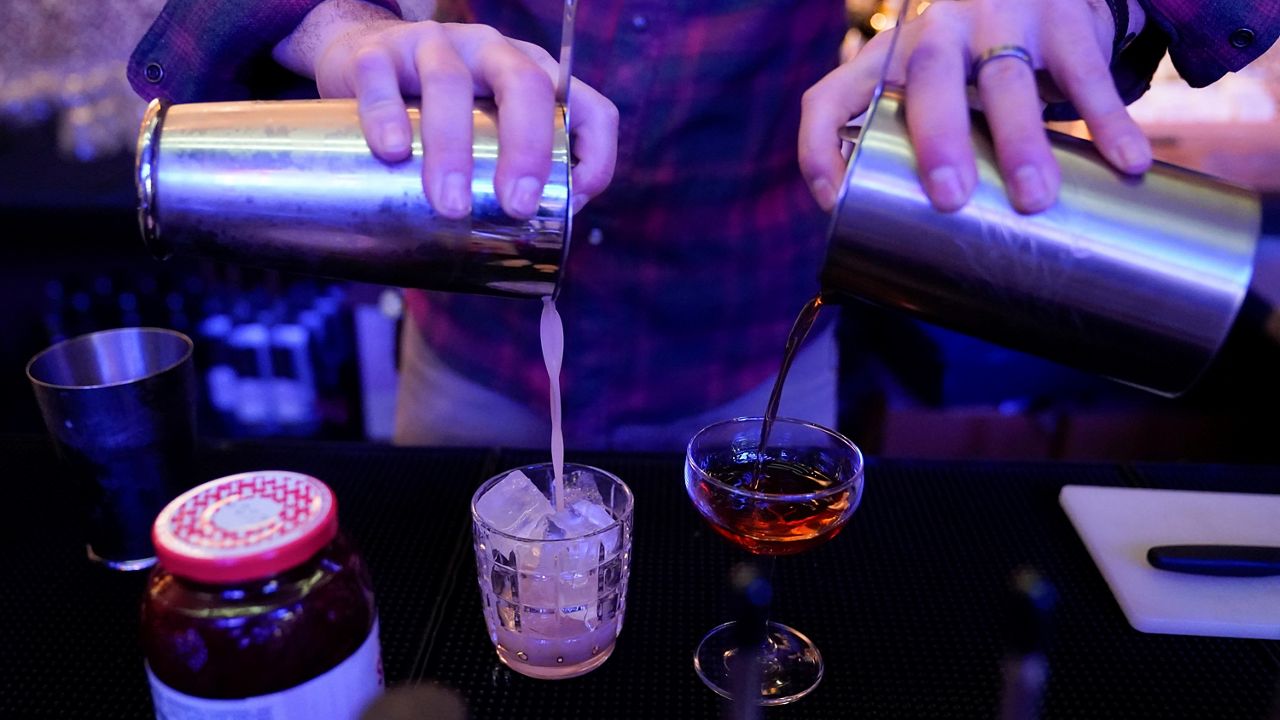BUFFALO, N.Y. -- A 21-member commission with 16 appointed voting members met three times starting in August of last year to study and debate reform of New York's alcoholic beverage control laws.
The Business Council of New York State Executive Vice President Paul Zuber was one of those members.
"I think it was a fair commission. I think we had a lot of different voices that were able to be heard," Zuber said.
This week, the commission, which included wholesalers, retailers and representation from bars and restaurants, released its report, making 18 recommendations to the state Legislature. New York State Restaurant Association President Melissa Fleischut said among the most important for her industry was the recommendation to change a law which bans an establishment from obtaining a liquor license without exception if it's within 200 feet of a school or place of worship.
"Even if the religious organization was fine with it or the school was fine with it or everybody was fine with it, the State Liquor Authority can't do anything to grant that license," Fleischut said.
Zuber believes many of the recommendations are common sense updates to obscure and outdated rules. For instance, the commission believes liquor stores should be allowed to open at 10 a.m. on Sundays instead of noon.
"All we're doing with that is putting them on par with bars and restaurants," he said. "If a bar or restaurant can serve a drink at 10 a.m. then you should be able to buy a bottle of champagne at 10 a.m."
The members said there was some debate on another recommendation allowing one liquor store owner to obtain more than one license. The commission ultimately put it forward in a limited fashion.
"(Bars and restaurants) aren't worried about competition. We think competition is healthy so we tend to embrace economic development and opening up a market that will allow for greater competition so that's sort of where we came down on the whole thing," Fleischut said.
Zuber also believes the state should not ignore potential revenue generators just to protect small businesses like liquor stores. He believed the Legislature should still consider allowing the sale of wine in grocery stores despite the fact the commission rejected the idea in a split vote.
"I think it is a huge economic development tool for our Upstate wineries and our Long Island wineries. It's something that consumers want," he said.
Zuber said he does believe grocery stores could have been better represented on the commission.


